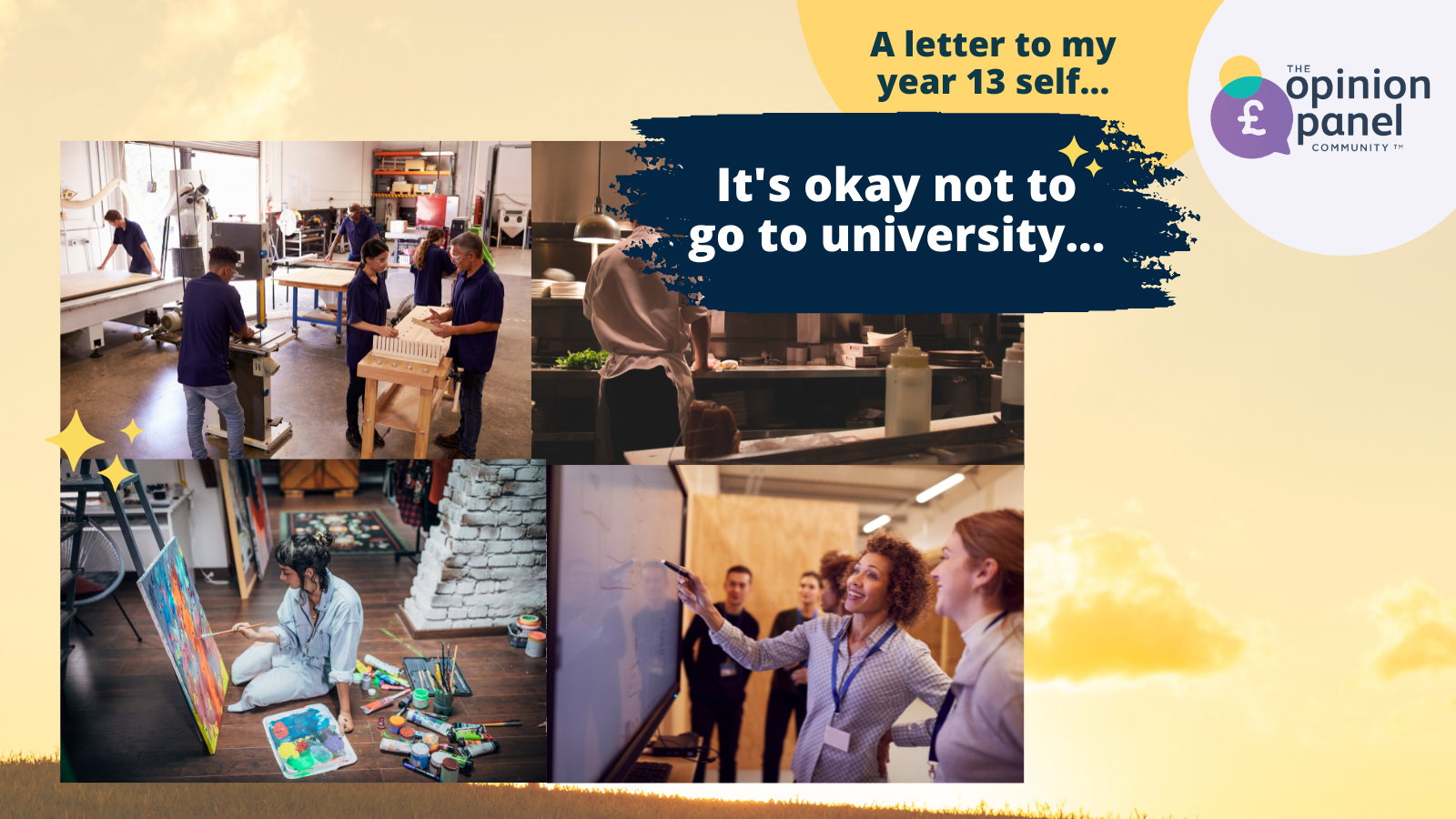
You’ve written the most eloquent personal statement you can muster, negotiated your predicted grades as high as they’ll go, and submitted your shiny, polished application to UCAS. The university stress should be over, except you’ve found yourself faced with yet another hurdle: the dreaded interview.
Granted, an interview invitation is something to be celebrated—you’re one step closer to receiving that elusive university offer you dream of. But with that opportunity comes pressure. You have one final chance to prove yourself, but what if it all goes wrong?
The good thing is that, with careful preparation, you can give yourself the best possible chance of success.
Here are six tips on how to get yourself interview ready.
1. Research what you’re up against
Interviews vary massively across universities and degree courses. Some interview processes are long and academically gruelling. Others are more relaxed—a chance for the university to get to know you better, and vice versa. Sometimes you might already have an offer in the bag, and the interview is to see if you’re in contention for an unconditional or reduced offer. The university’s website and correspondence will give you an idea of what to expect, but some internet digging can reveal more
details. The Student Room is a great place to find personal experiences. YouTube has plenty of interview vlogs from students, and some universities even post example interviews online.
As fate had it, even for my seemingly unassuming degree choice of Materials Science, I ended up having to interview at four universities. All the experiences were wildly different. Oxford’s was the most intense: two forty minute interviews where tutors grilled and guided me through multi-step problems. Loughborough’s was a short chat with a professor about my interests, along with a series of promotional presentations, tours and a free lunch. (I chose Oxford in the end, but Loughborough made a strong case with their sandwiches.)
By doing your research, you can figure out the nature of the interview, and the level of preparation you might need.
2. Dissect your personal statement
Anything in your personal statement is free game for interviewers, so make sure you can talk about every detail. Make extra notes and revise them ahead of time, so you have a bank of information to draw from when needed. A good exercise is to write down possible questions related to your personal statement, and come up with potential answers for each.
3. Prepare for common questions
Why this subject? Why this university? What are your future career goals? Lists of common interview questions can be found online, and it helps to be ready for them. You will also get the opportunity to ask questions at the end of the interview, so try to think of something in advance to save you from a socially awkward silence and accidentally appearing like you have no interest in their institution.
4. Practise, practise, practise
Arrange mock interviews with your teachers at school. Practise working through questions while explaining your method out loud. Talk about your degree subject to anyone who will listen: friends, pets, family members at the dinner table. If people get sick of listening to you, talk to yourself! As ridiculous as it may feel, getting used to stringing together your thoughts and academic knowledge in a coherent manner will help build your communication skills and your confidence.
5. Plan for the big day
To prevent unnecessary stresses on your interview day, make travel and
accommodation arrangements in advance. Keep hold of the university’s contact details in case of emergency, lateness, or not being able to find the building (a real possibility when your navigation skills are as bad as mine). Most university interviews don’t have a dress code, so wear clothes that make you feel comfortable and put together.
For an online interview, find a quiet space with secure internet connection and ensure your laptop is charged. Get a glass of water or cup of tea to ease those nerves, and have your interview preparation notes discreetly on hand in case you need a quick prompt.
6. Enjoy it!
When you find yourself in an interview, take a deep breath, relax and try to enjoy it. Many interviews resemble tutoring sessions or discussions, rather than a one-sided interrogation. Don’t be alarmed if you’re faced with questions you can’t answer—if you already knew everything, you wouldn’t be taking a degree! Ask for clarity if you don’t understand, and be aware that the interviewer is likely interested in your approach towards a challenging new topic, and isn’t expecting perfection.
Interviews are a unique opportunity to learn more about university life, meet likeminded students and speak to experts in their field. Think of them as a once-in-a lifetime learning experience. And remember to be yourself—interviewers aren’t looking for a specific personality type, just someone who shows potential and a willingness to learn. You’ve got this!
Remember that you can give yourself the best possible chance of success by following some of these tips! Best of luck, and we hope that these are helpful!
Leave us a comment below, or click here for more info and to submit an article. Remember, someone wins £50 every month!







this is so helpful! such good advice, and also a very witty article. so few people remind you to have fun at an interview, and it’s a really important reminder!